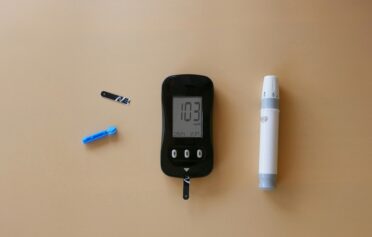
Blog
Looking for support on your weight loss journey? Our blog is here to help, with expert advice, practical tips, and real success stories.
Whether you’re exploring NHS-funded treatments or simple lifestyle changes, you’ll find the guidance and motivation you need to build healthy habits that last.
Our topics

Keep up to date on the latest news related to weight management, including available…

Real stories, practical tips, and the latest on managing life with type 2 diabetes.

Helpful guidance on understanding, managing, and living with high blood pressure — including simple…

Simple, supportive advice to help you manage cholesterol through everyday habits, not restrictions.

Meet people just like you who have taken control of their health with Oviva’s…

Guides for healthcare professionals
For healthcare professionals that want to stay ahead of the curve – explore our…